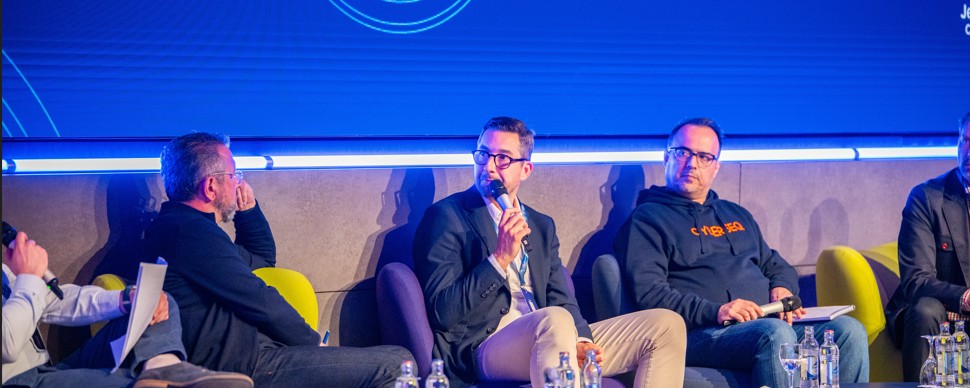Ahead of SCynergy 2025, Valentin Plugaru, CTO at LuxProvide, explains the complementarity and differences of AI, HPC, and quantum computing technologies.
AI, HPC, and quantum computing are converging to reshape the digital landscape. From large language models to computer vision, AI is revolutionizing fields from healthcare to engineering—enabling faster time-to-results and unlocking previously unreachable use cases. Meanwhile, algorithmic optimizations are making AI more accessible and less resource-intensive.
At the same time, quantum computing is being explored as a radically new paradigm. Though still in early stages, it holds potential to complement classical HPC systems—especially as supercomputers, like Luxembourg’s MeluXina, begin integrating quantum platforms.
“Events like SCynergy play a crucial role in fostering synergy across Europe’s industry, research and public sectors, uniting experts from various domains to share application areas, breakthroughs and discuss the next generation of digital platforms ”, comments Plugaru
Do you see AI, HPC, and quantum as more complementary or competitive in digital strategies?
Valentin Plugaru: Very complementary. HPC is about building high-performance platforms; AI is a use-case which can benefit greatly from them. Quantum will add a new layer of capability, accelerating specific workloads. Future HPC systems will merge all concepts —HPC, AI, and quantum—as part of one integrated strategy.
How do you prioritize which tech to invest in first—AI, HPC, or quantum?
VP: We started with a general-purpose supercomputer (MeluXina). With AI’s rapid growth, we are now investing in AI-optimized supercomputers (MeluXina-AI). In parallel, we are planning to integrate the supercomputers with quantum computers (MeluXina-Q) to support development of hybrid classical-quantum applications. It’s about complementarity and preparing for both current needs and future breakthroughs.
Looking ahead over the next 1–2 years, what key developments or trends do you expect in how these technologies are used together?
VP: More real-world applications will embed AI at their core, requiring advanced infrastructure. Efficient AI models, multi-modal and agent-based systems will become ubiquitous. Quantum will slowly integrate with classical computing, enabling new hybrid applications. We are preparing Luxembourg—and Europe—for this shift.
What makes the SCynergy event unique?
VP: SCynergy brings together decision-makers, tech experts, and business leaders from across Europe—Germany, France, Czechia, Ireland, and more. Embedding also training events in HPC, AI, and quantum, it’s a platform for creating long-lasting alliances and impactful collaboration across the entire ecosystem.


